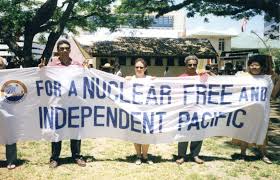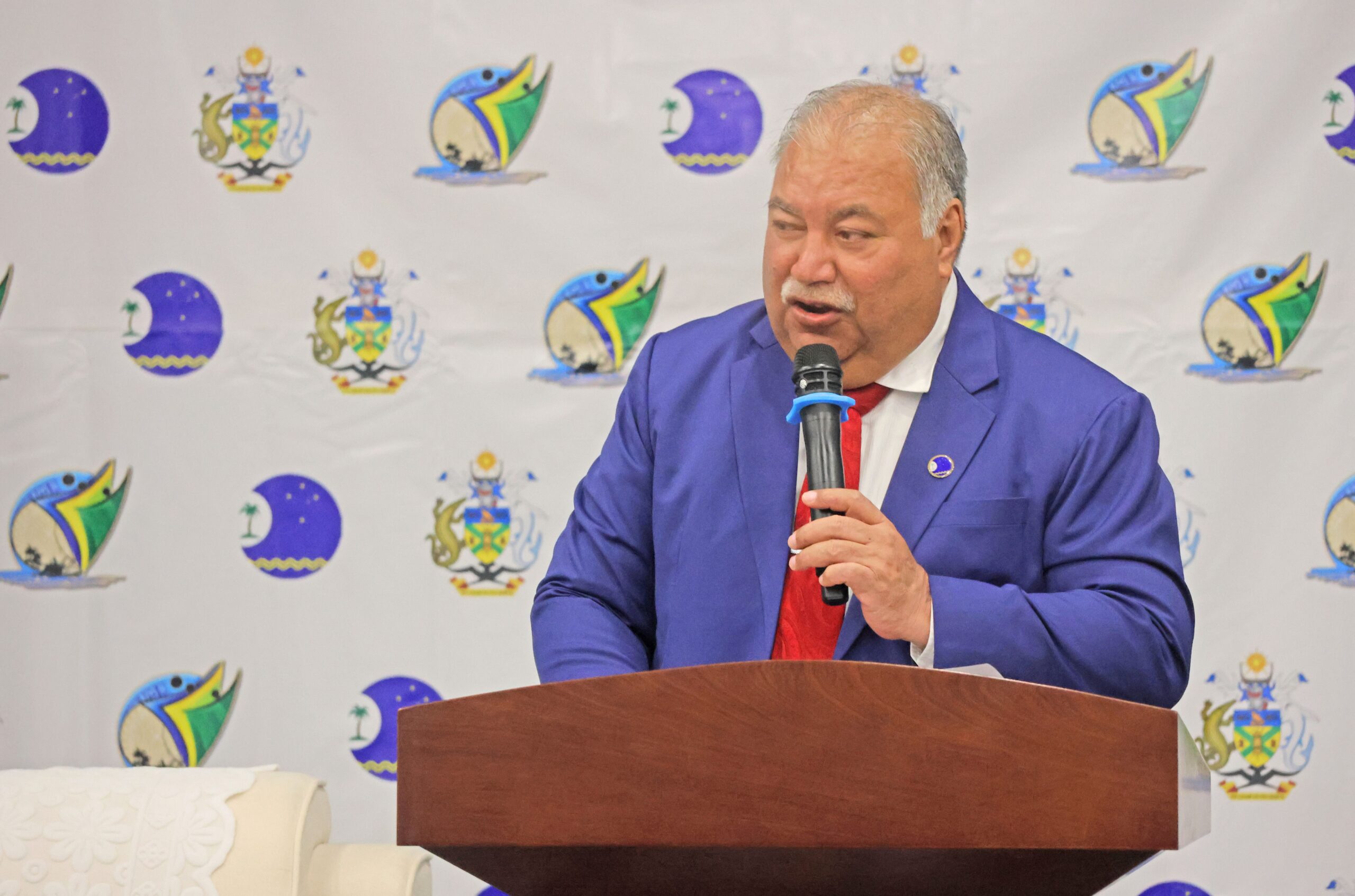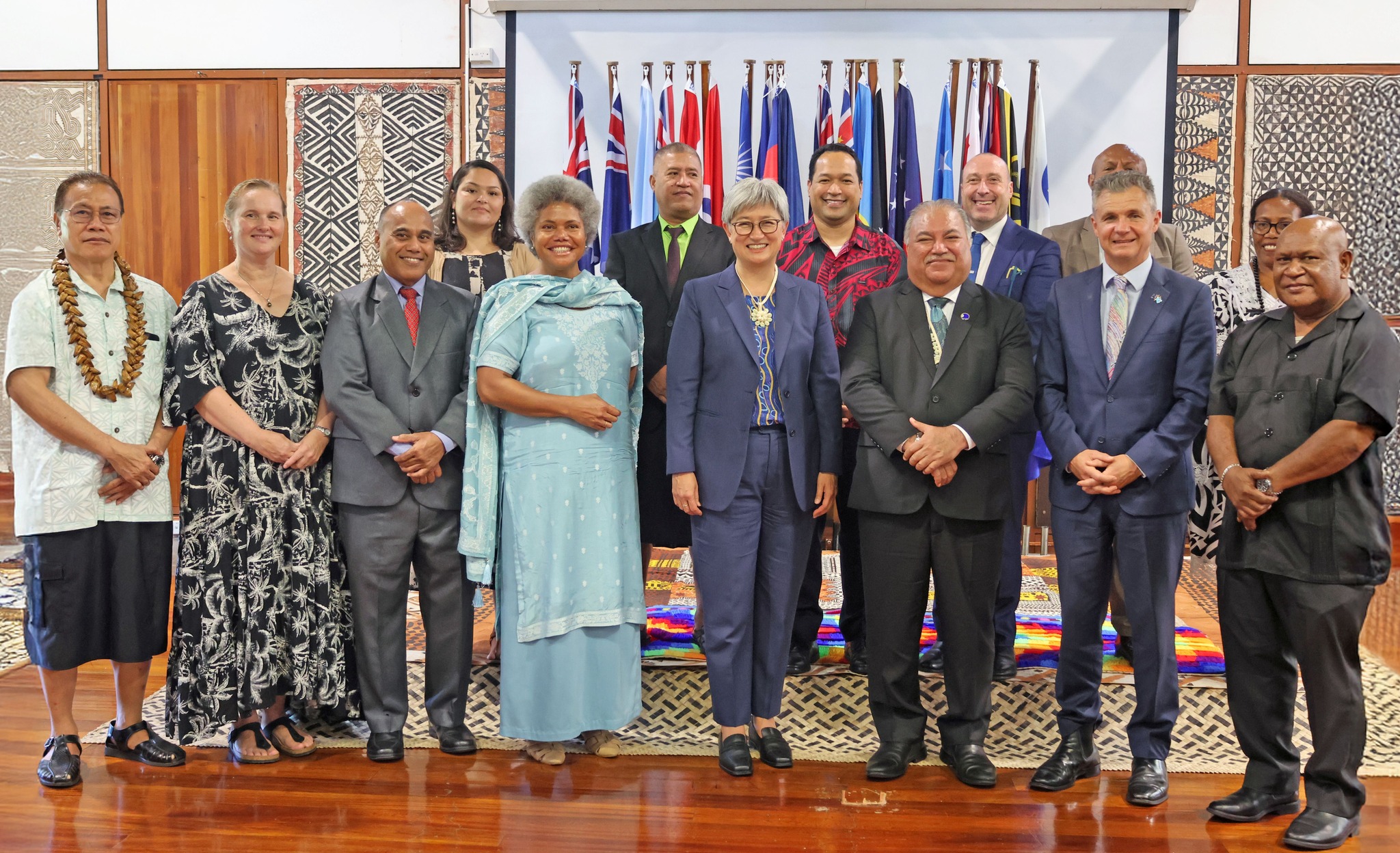by Richard Sanders, Staff Writer
Last week, US officials and leaders from Pacific Island nations convened in Palau to deliberate on the Compact of Free Association (COFA) agreements, pivotal treaties governing the relationship between the United States and the Freely Associated States, which encompass Palau, the Federated States of Micronesia, and the Marshall Islands. Senator Joe Manchin, leading the US delegation, emphasized the historical importance of these agreements, which are designed to ensure mutual security, foster economic cooperation, and uphold democratic values in the region.
While the reaffirmation of commitments to these principles is encouraging, it is essential to consider the darker aspects of the military presence in the Pacific, particularly the legacy of nuclear contamination and the health crises linked to it. The extensive testing of nuclear weapons in the Marshall Islands during the mid-20th century has left a devastating mark on the environment and public health. Local communities continue to grapple with the long-term effects of radiation exposure, which has been linked to a range of diseases, including cancer and other serious health issues.
The US military’s operations in the region have also raised concerns among Pacific leaders about sovereignty and self-determination. Many island nations feel that their autonomy is compromised under the terms of the COFA agreements, where military presence and oversight by the US government can overshadow local governance and rights. This has historically led to tensions and distrust, as Pacific leaders worry that their nations are being used as strategic pawns in a larger geopolitical game rather than being treated as equal partners.
Additionally, the environmental repercussions of military activities cannot be overlooked. The presence of military bases and operations has not only contributed to the degradation of local ecosystems but has also posed risks to the health of local populations. Contaminated water sources and soil due to past nuclear tests have led to widespread health issues, which are exacerbated by inadequate healthcare access in some of these island nations.
Furthermore, the months-long delay in US Congressional approval of COFA agreements has fueled anxiety among Pacific leaders. They fear that such political gridlock undermines their security and economic stability, leaving them vulnerable to external threats and diminishing their influence in critical discussions about their future.
While the COFA agreements represent a framework for cooperation and support, it is crucial to address the negative implications of military presence in the Pacific, particularly regarding health crises caused by nuclear contamination, environmental degradation, and concerns over sovereignty. A balanced approach that prioritizes the well-being and rights of Pacific Island nations is essential for fostering a truly equitable partnership.













